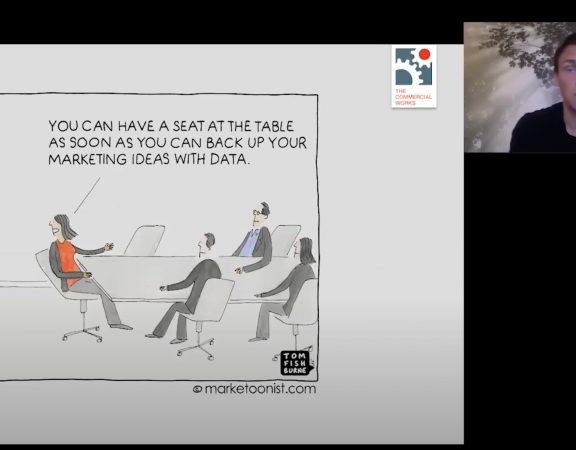We have been involved in probably well over a hundred price increases over our careers – as line managers, directors, CEOs and advisors and we, like everyone else, like price increases for their uplifting effect on the business plan. But as you drive up the event, it is all too easy to get spooked by the unknowns, which can pretty much be summarised as ‘what the other guys will do’, ie consumer, customer and competitor responses. This is where the science and a little art comes in. Smart pricers use the wide range of techniques available from this firm and others to understand end-user price response, manage intermediaries’ motives in a commercially sound manner, avoid provoking a price war with competitors, use the change to improve promotions architecture and optimise profitability – all consistent with business strategy. This means research and analysis to understand how the idea of value works for all the players on the pitch and it will result in some mix of reconfiguring the offer (possibly by channel), adjustments to customer incentives and discount structure, a selling story that is solidly grounded in value truths for the end-user, negotiation policies and of course the implementation gameplan. So far so good. No secret ingredient, just a chunk of hard work.
However, to paraphrase a great general[1]: no plan survives contact with the enemy. Which, at the first level, means we must be flexible and ready with alternative tactics. But it also calls for two other vital characteristics: discipline and determination. These are the two crucial team assets that make the difference between a traded, leaky price change that kind of delivers some of what was planned possibly leaving even that at risk as customers find out that others did not take the increase or got major concessions with it, and one that is understood, respected and its major parameters accepted.
Why discipline? There will be push and shove, threats and sanctions, some anticipated, some not. You are one organisation and must speak with one voice and as bridge players will know, play the cards in the best order, together, using the learning from your preparation. Each individual must be able to rely on her colleagues to be playing to the same rules, going for the same goal. Only discipline and co-ordination will enable that. Note it is discipline, which means active self-regulation coming from shared understanding of the task, its context and dynamics; not control, which is more passive and top down and a good deal less effective on the front line.
Why determination? You and your team must be motivated in the melee to keep going and keep to the path that you know to be right. A path that you have defined based on understanding value for the end-user, the arguments in the selling story, the commercial viability of your strategy and chosen tactics and the reality of the consequences of not getting it done. It will reflect your power relative to the other players, especially end-users and ultimately it will be expressed in where you draw the line and use that vital word: No. “No” requires determination, “yes” is easy.
Like so many things, its about the people and leadership, done right.
© Henry Coates, The Commercial Works 2013
If you wish to use this is any form, you must acknowledge the source and author.
[1] von Moltke the elder: “No plan of operations extends with any certainty beyond the first contact with the main hostile force” “On Strategy” (1871).



